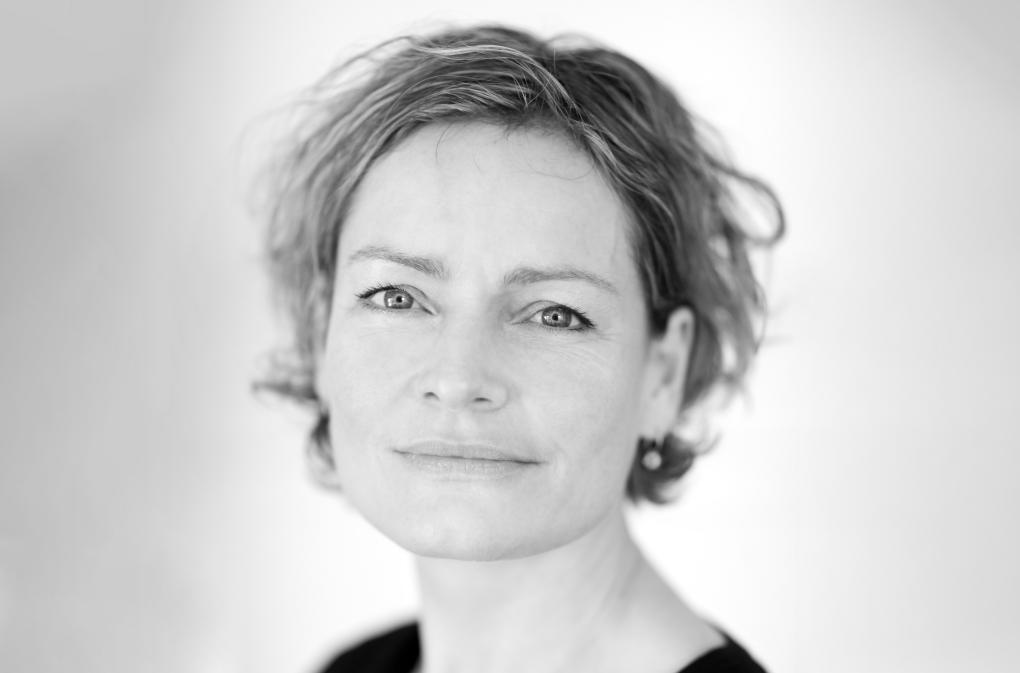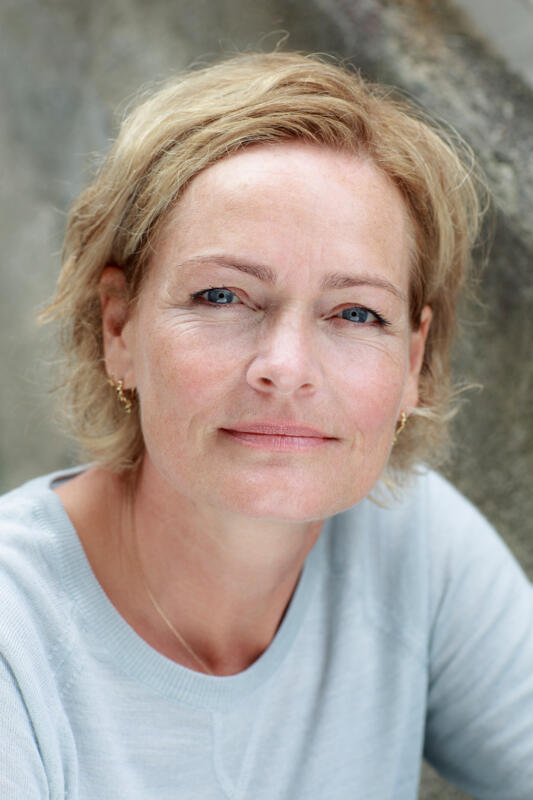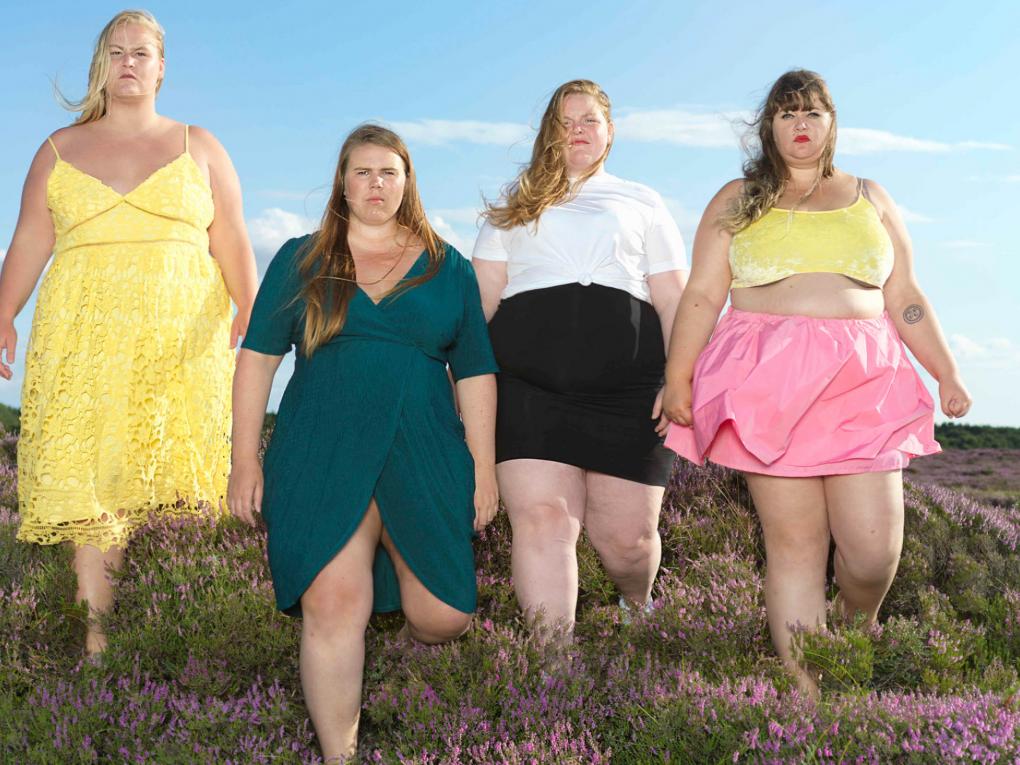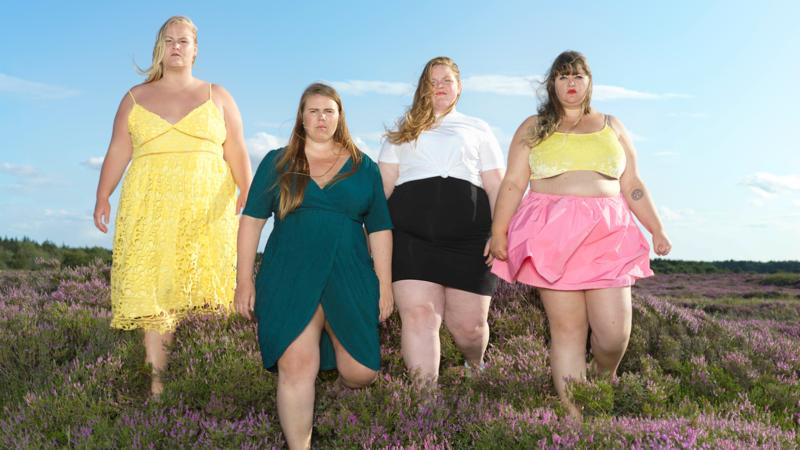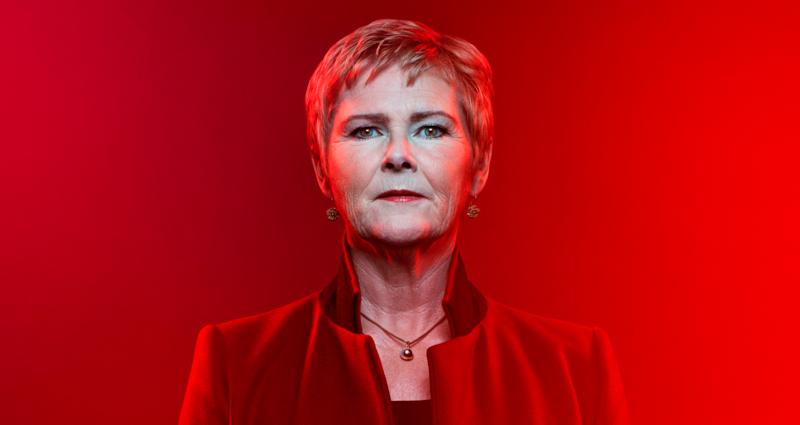In 2015, the centenary of women getting the right to vote in Denmark, producer Malene Flindt Pedersen was outside a cinema with her daughter, looking at the posters.
"They were showing good films like 'Whiplash' and 'The Imitation Game'," the producer recalls. Then she noticed a striking feature of every single one of the seven films that were playing.
"It struck me that all the films were directed by men, written by men and were practically all about the same thing: genius men struggling with their genius," Flindt Pedersen, a veteran filmmaker since 1994, says.
The episode confirmed what she already more or less knew: the gender balance in fiction films is out of whack – internationally as well as in Denmark.
Fortunately, the problem did not exist in her field, Danish documentaries, which had long had a more or less equal balance of female and male directors.
Or did it? Contemplating those genius male protagonists ignited the producer’s curiosity and she began to take a more critical look at the content of her own productions.
"I started by looking at the films I had had a hand in making and suddenly I realised that, even when working with female directors, I had most often made films about men," Flindt Pedersen says. She is the producer of such titles as Christian Sønderby Jepsen's 'Natural Disorder' (2015) and Phie Ambo's 'Good Things Await' (2014) and 'Rediscovery' (2019).
As an avowed feminist and an unapologetically political person, Flindt Pedersen was aghast to find that there were so few women in her films. Facing that fact, she made a decision.
Over the next few years, she would make five films with the same unequivocal requirement: they all had to have at least one female protagonist. The second film to result from the effort is now having its international premiere at IDFA.
An atypical protagonist
Once the decision was made, Flindt Pedersen, with directors Louise Detlefsen and Ann-Mette Schepelern, threw herself into the first of the films: a portrait of Lizette Risgaard, who in 2015 became the first woman ever to be elected chairperson of the Danish Confederation of Trade Unions (LO).
Before the producer started working on the film, which was entitled 'Queen of Hearts' (not to be confused with the fiction feature with the same title, ed.), she had her share of doubts: Did Lizette Risgaard have what it takes to be a good protagonist?
"She wasn’t pompous, she knew how to assert herself, but she also gave out a lot of hugs, and she was a middle-aged woman with broad hips and wrinkles," says Flindt Pedersen, who like all of us is used to seeing men and male patterns of reaction steal the spotlight.
"We are all influenced by the fact that 90% of the books we read in school are written by men, and that 90% of the narrative films we watch at the cinema are about men. That has become rather entrenched in us, and we have grown accustomed to seeing women in supporting roles, as wives or daughters. We have to rise above and be conscious of that if we want to bend the curve," the producer says. She later lost all doubt.
"Once we started, I could tell that Lizette Risgaard was what was truly original about the film, because she did everything differently and precisely did not look like the protagonists we are used to seeing," Flindt Pedersen says.
Fighting body-shaming
The producer’s latest film, IDFA-premiering 'Fat Front', most positively looks at the kind of people we are not used to seeing on film, a group of fat women proudly showing off their bodies.
"Directors Louise Detlefsen and Louise Unmack Kjeldsen came to me and said they wanted to do a film about a movement of young women who were tired of spending their lives dieting and waiting for their real lives to begin. Instead, they fight for the right to look the way they do, and feel free. I find that immensely liberating," Flindt Pedersen says. She was interested in working on the film for personal reasons, as well.
As the mother of a 19-year-old daughter, she knows how insecure young women can be about their bodies. She is looking to buck that trend with a film that shows different body ideals than the ones women are usually confronted with in cultural products.
"Statistics show that 50% of young people are unhappy about their body. Not loving your body, or at least accepting it, is horrifying. We are body-shamed and brainwashed by too many movies and TV series with very skinny women. On this point, I consider our film a counter-reaction," Flindt Pedersen says.
More creative obstructions, please!
The producer can reveal that her upcoming projects include a documentary about a women’s football team and a portrait of a nursing home centring on a female nurse.
Picking her projects, she consciously looks for female protagonists who represent a broad range of female images. This is necessary to enable women, on a par with men, to find role models and feel more free to be themselves.
"There are plenty of women and projects to choose from," says Flindt Pedersen, who in no way thinks of her project as a creative drawback. On the contrary. She mentions this year’s Danish Oscar candidate, May el-Toukhy's 'Queen of Hearts', as a stellar example of why it pays for everyone in the industry – documentarians, fiction producers, funding systems – to challenge hidebound concepts of genders and roles.
"It’s a good creative exercise to take a classic male protagonist and say, What if this was a woman? What would she do? The makers of 'Queen of Hearts' are also working to challenge female roles and put a woman in a role where you would normally see a man. Turning things upside down also makes for more original stories. And we need those,” Flindt Pedersen says.
